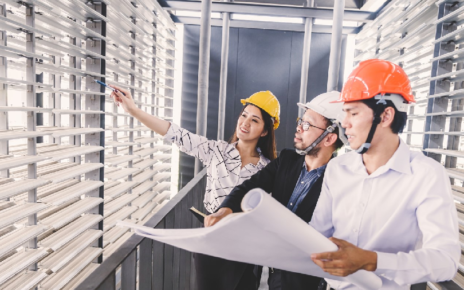Welding fume extraction systems are essential for maintaining a safe and healthy work environment in welding shops. These systems work by capturing harmful fumes and particulates generated during the welding process, preventing them from being breathed in by workers. However, over time, the filters in these systems can become clogged with debris and require replacement. In this article, we’ll explore why filter replacement is so important for welding fume extraction systems.
Why do Filters Need to be Replaced?
A fume extractor filter’s job is to remove welding fumes, smoke, and other hazardous particles from the air before they can be breathed in by workers. Over time, these filters can become clogged with debris, such as dust, dirt, and metal particulates. When this happens, the system’s ability to capture harmful fumes is reduced, putting workers at risk of exposure to toxic substances.
In addition to reducing the system’s effectiveness at removing harmful fumes from the air, dirty filters can also put a strain on the system’s motor and other components. This can lead to costly repairs or even total system failure if not addressed promptly. So, it’s essential to replace the filters in your welding fume extraction system regularly.
How Often Should Filters be Replaced?
The frequency with which filters need to be replaced depends on several factors, including how often the system is used, what materials are being welded, and how many workers are present in the workspace. As a general rule of thumb, most manufacturers recommend replacing filters at least once every six-twelve months or more frequently if heavy use is expected.
It’s important for employers to establish regular maintenance schedules for their welding fume extraction systems that include regular filter replacements in order to ensure that they’re working effectively and keeping workers safe.
The Consequences of Not Replacing Filters
Failing to replace filters in welding fume extraction systems can have serious consequences for both workers’ health and your business’s bottom line. Exposure to harmful welding fumes can cause a range of health issues, including respiratory problems like asthma and bronchitis, as well as more serious conditions like lung cancer.
In addition to risking worker health, failing to maintain your welding fume extraction system can also result in fines or legal action from regulatory agencies. This can be extremely costly in terms of both money and reputation. Overall, it’s far better to invest in regular filter replacement than face the potential consequences of not doing so.
To Conclude
Ensuring proper maintenance of your welding fume extraction system should be a top priority for any employer operating within this industry. By establishing regular maintenance schedules, you’ll not only protect worker health but also extend the lifespan of your equipment while saving money on costly repairs down the road. Thanks for reading!



